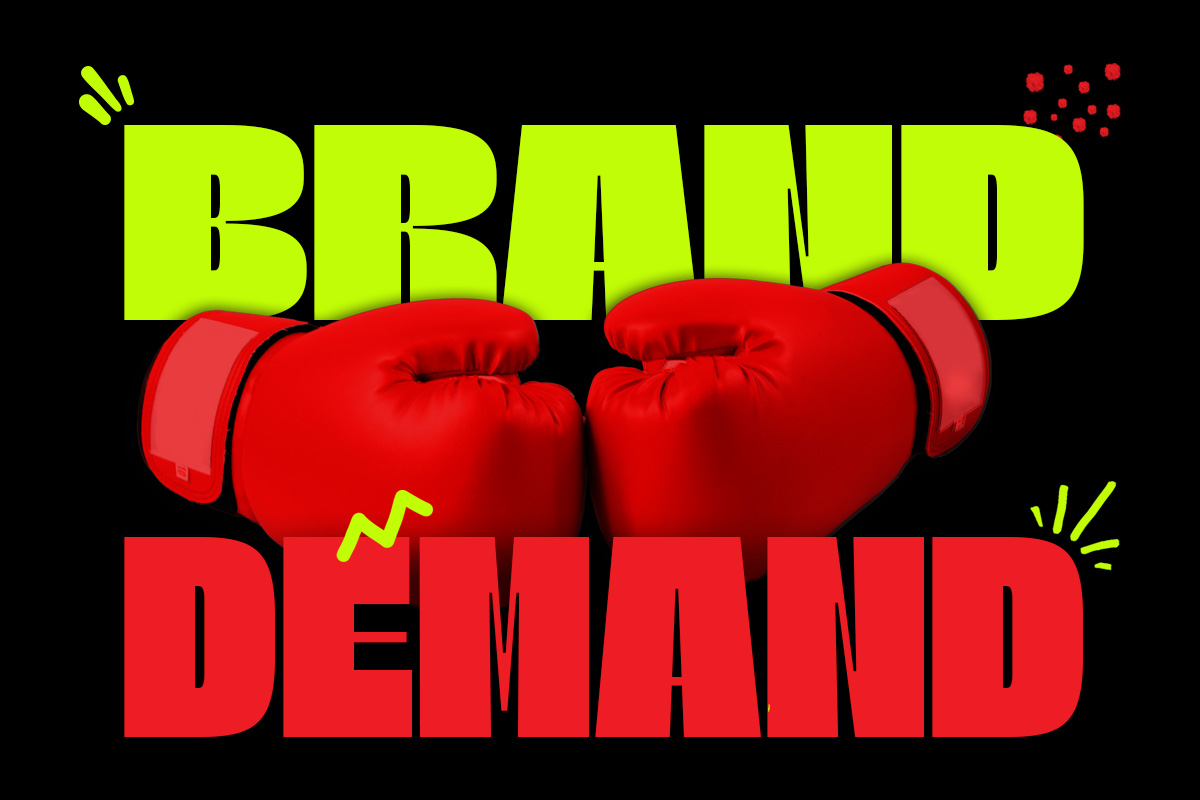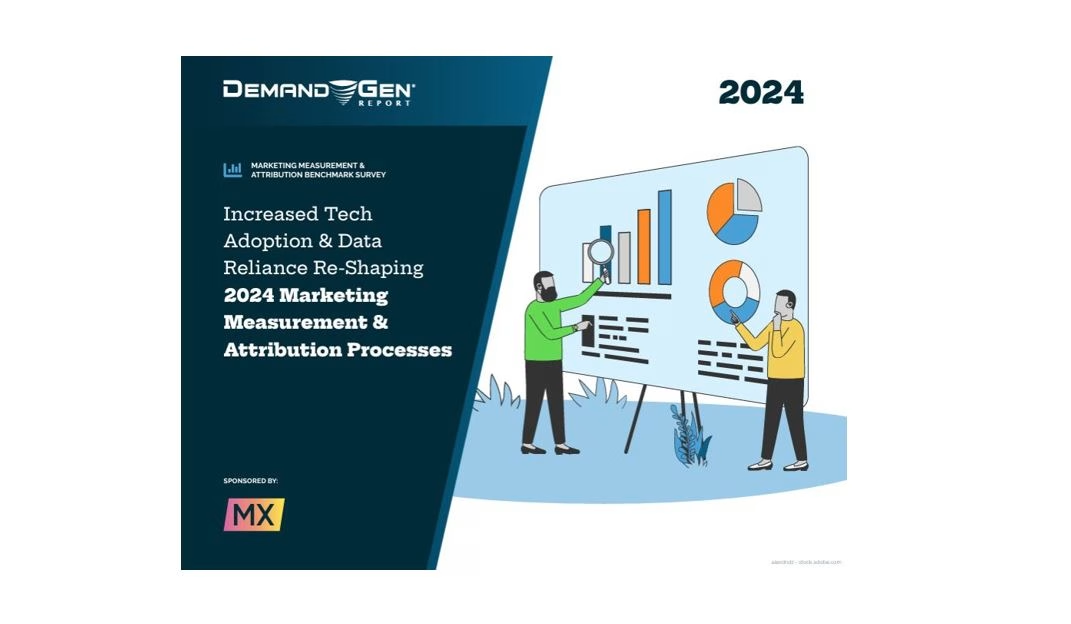B2B World Fest: The Highlight Reel

Share this story
B2B World Fest Chicago — where industry leaders weigh-in on brand versus demand, CX, AI advancements and the latest trends in 'sportstainment.'
We recently had the privilege of sponsoring and participating in B2B World Fest’s first-ever Chicago event hosted by The Drum. It was a day jam-packed with B2B powerhouse speakers, including our very own CEO Tony Riley. This year’s event took place simultaneously in London and Chicago and covered some of the biggest topics in B2B marketing today — including brand vs. demand, consumer experience, balancing AI and human expertise, and the growing ‘sportstainment’ trend.
Here are our top five highlights of B2B World Fest:
1. Brand vs. Demand
Which is more important — brand building or demand generation? Today’s savvy marketers know it’s not an “either, or” situation anymore. Both play an equally important role in creating strong, impactful B2B marketing work.
We saw this theme come up again and again in talks, and each speaker had their own perspective on the age-old debate. Agency leaders talked about how brand building can have a big impact on demand generation campaigns. They said that investing in brand building can help demand tactics now and open doors tomorrow.
Brand perception in the B2B space is of ‘elevated importance,’ speakers agreed, as buying decisions are often more complex and involve multiple stakeholders. Why? Building brand awareness and positive associations can make a company’s targeted marketing efforts much more effective. One panelist noted, “The role of what we’re doing from a brand perspective is to put that brand in the peripheral vision of our lives and stay there, so when we do ABM, they are going to pay attention and listen to what we’ve got to say.”
2. Customer Experience (CX) is Mission Critical
A central theme in this year’s talks was about the essential role CX plays in a company’s overall marketing efforts. The talk tracks left little doubt that brand building extends beyond traditional marketing materials and includes interactions with sales teams, product and service quality, and the level of customer support provided.
“Customers are looking for the experience that is created by working with a brand, and that is all of that combined, including their interactions and touch points with your sales team,” said Riley. He emphasized that creating consistency across all touchpoints in the buying journey — from research to sales — is imperative to crafting a cohesive and positive brand experience.
To paint this picture, Riley cited work our MX team had recently done for a manufacturing client. We followed the life of a lead and noticed a problematic experience for our client’s customers — they weren’t getting sales contracts out in a timely fashion. MX worked with their IT team to shorten contract turnaround times and improved the overall contractual experience for our client’s customers, which resulted in moving more leads through the funnel, faster. It reinforces how positive customer experiences at every stage along the buyer’s journey can create long-lasting impact. And that experience, whether with sales or IT, is an important touchpoint in a B2B buyer’s journey, which can frame how the brand is perceived.
3. AI is Here to Stay
It’s hard to talk about B2B marketing today without discussing how artificial intelligence and data are shaping its future. AI has the power to enhance a company’s brand building and demand generation efforts by quickly identifying active buyers, using diverse data sources to generate meaningful buyer insights, creating personalized content, offering real-time sales assistance and more.
Riley recognized there is an AI revolution taking place in B2B and offered insights into how marketers can get ahead of it. “Content is king in B2B, given the number of touchpoints in the buying journey and the complexity of the sales cycle. A company’s content is going to have to evolve to be more conversational in nature, so that when somebody is asking a platform a question like ‘Who is the best in this market for this type of product?’ you have the content to answer that question. So, I do see content becoming more conversational, so that clients’ businesses can benefit from being at the intersection of those answers and those various tools.”
4. Can AI and Humans Coexist?
In short — they can, and they must. Speaker Usman Khalid, CEO of Centric and founder of LiProspect, articulated this well, saying, “AI-powered intelligence is the future of B2B marketing,” while emphasizing the need for a “human-AI collaborative approach to messaging.” For example, this could mean using AI to gather insights about potential customers, then relying on humans to craft more personalized messages that have the emotive power to convert.
Khalid gave a great example of the power of an AI/human collaboration. He spoke about how AI can be invaluable in identifying and connecting with key decision-makers at target accounts, which can then be followed up on by a company’s sales or marketing team. This example underscores how AI can facilitate relationship-building rather than replacing human interaction entirely.
5. Here’s a Curveball — Sportstainment
If the first four highlights of B2B World Fest were unsurprising, our final highlight may come out of left field — the power of sportstainment in the B2B marketing space. While traditionally used by consumer-facing brands, more and more B2B companies are realizing the potential sports and entertainment have in creating unique experiences for their customers.
The trend toward more experiential and integrated partnerships can help B2B businesses tap into new audiences and help build brand awareness. One of World Fest’s talks on sportstainment highlighted a faucet company that partnered with the Chicago Cubs to integrate their brand into Wrigley Field, using tours, events and game tickets to effectively offer memorable experiences for their customer to, in turn, give their audiences.
The takeaway
All in all it was a great event for B2B World Fest-goers, with plenty of thought-provoking content to keep our marketing minds continuously looking to the future of B2B.



